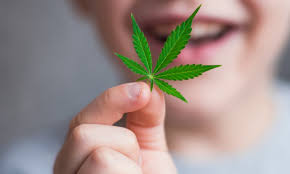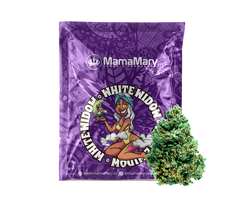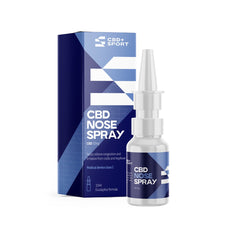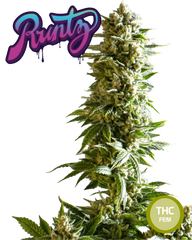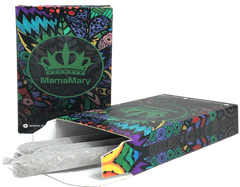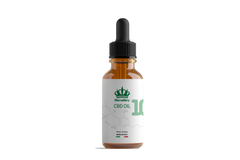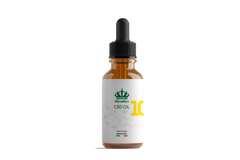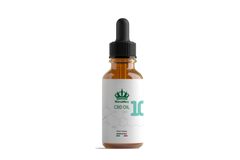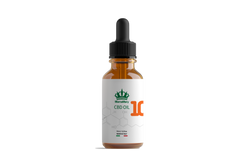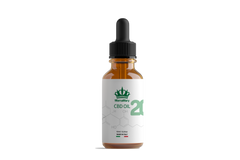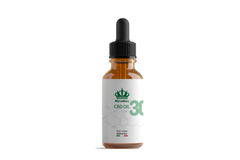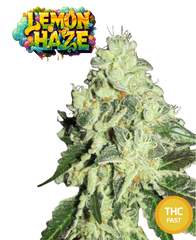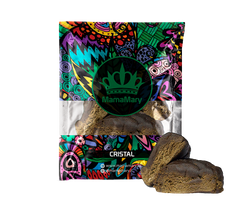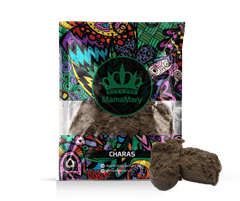Israeli researchers have found more compelling evidence that medical cannabis is an effective therapy for children on the autism spectrum. In this study, soon to be published in the journal Neurology , researchers treated autistic children with high concentrations of CBD, a non-intoxicating cannabinoid found in the cannabis plant.
The condition of 80% of the children improved. Otherwise, the children had not shown any improvement with conventional drug therapies.
The Studio Up Close

The study was conducted by the director of pediatric neurology at Shaare Zedek Hospital in Jerusalem, Dr. Adi Aran, who treated 60 children with a high-concentration CBD oil ( 20% CBD and 1% THC ). The children were treated with the oil for at least seven months.
After the treatment period, parents answered assessment questionnaires to characterize their children's condition. These included questions about behavior changes, anxiety levels, and communication skills.
This is what they reported:
- 80% of parents noticed a decrease in problem behaviors, and 62% reported significant improvements.
- Half of the children improved in communication.
- 40% reported a significant decrease in anxiety. (Note: One-third of participants began the study with no anxiety.)
The Pioneer
Just as Israel is a pioneer in medical cannabis research, Aran is a pioneer in cannabinoid therapy for autism. Aran originally started a project in 2017 to test 120 autistic children. It was the first study of its kind globally, and was made possible by funding from the Israeli government and its progressive approach to cannabis research.
Aran said that when word of the study spread, his waiting lists quickly filled with the names of many families willing to participate, from all over Israel.
Autism spectrum disorders affect neurodevelopment, usually beginning in infancy or early childhood, and can last a lifetime. The most severe cases have debilitating symptoms, including compulsive and repetitive behaviors and impaired social and communication skills. Some children cannot speak at all. Autism affects about 1% of the world's population.
The causes of autism are not yet understood and there is no cure—and the prevalence is increasing. In April 2018, the CDC updated its autism prevalence estimate to 1 in 59 children, up from 1 in 166 children in 2004. Doctors traditionally treat the symptoms with antipsychotic medications, which have harmful side effects. Some children do not respond to these medications.
Aran began a small study after similar studies on epilepsy, a condition that affects about 20 percent of autistic children. While studying epilepsy, researchers discovered that some compounds in cannabis might also help with some symptoms of autism. Less than 2 percent of the population has epilepsy, but up to 33 percent of autistic people also have epilepsy.
Neuroscientist Thomas Deuel of Swedish Hospital in Seattle says there is definitely a connection. While scientists don’t fully understand the reasons behind the relationship, they suspect that the different brain development that occurs in autistic children is more likely to create circuits that cause seizures.
That connection has led many parents to seek out cannabis treatments for their autistic children. Parents certainly have anecdotal evidence of the effectiveness of CBD oils on their autistic children, but mainstream medicine has remained skeptical due to the paucity of data. With most conditions treated with cannabis, anecdotal evidence and personal experiences far outweigh academic scientific research.
What's Next for CBD Research?

In 2015, Harvard University and Children's Hospital Boston published a landmark review of all the studies done to date on cannabis and autism, showing that the research was promising, but that nothing definitive could be said about cannabis's ability to improve pediatric patients. That Harvard review stated that most of the research was based on animals and had not yet shown a translational impact on human subjects. In fact, the review concluded with the warning that cannabis treatments should be used as a last resort, after all conventional therapies have failed. There is indeed a widespread reluctance in the pediatric community to study the effects of cannabis on children, due to the potential for harmful side effects.
Since 2015, only a few small studies have been conducted, with promising results. One of the biggest impacts that spurred future research was the U.S. Food and Drug Administration’s approval of Epidiolex, a CBD oil remedy created by GW Pharmaceuticals as a treatment for two rare types of childhood epilepsy. Scientists took note of the incredible amount of evidence GW presented regarding the drug’s effects.
Now, New York University neurologist Orrin Devinsky, the same scientist who did the Epidiolex research, is conducting two studies on the effects of CBD on children ages 5 to 18 with moderate to severe autism. The only other doctor currently conducting such studies is Aran.
Since autism and epilepsy go hand in hand, CBD is showing promise for treating both.
Perhaps as doctors begin to see the effects of Epidiolex and review research like the Aran and Devinsky autism studies, more and more of them will begin to delve deeper into the study of medical cannabis use.

